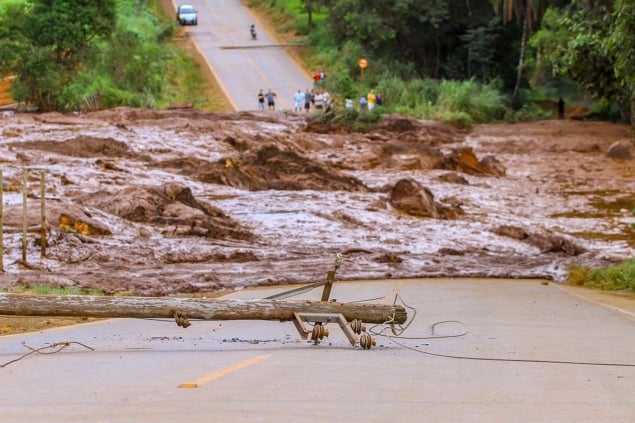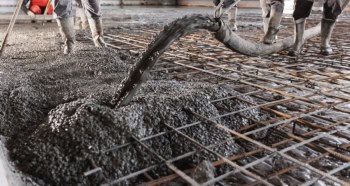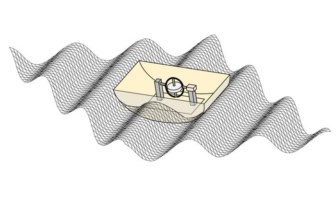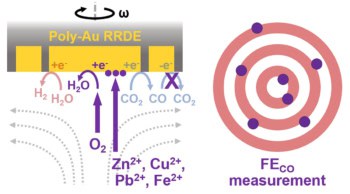Tom Tierney reviews Wasteland: the Dirty Truth About What We Throw Away, Where It Goes, and Why It Matters by Oliver Franklin-Wallis

Up to 7% of the world’s gold reserves may currently be contained in old electronic devices left in cupboards “just in case” those gadgets may one day be needed again.
And it’s not just gold stowed away. One tonne of electronic waste can contain 50 times more copper than a tonne of copper ore. There’s also iron, aluminium and several rare earth elements in those devices too. Yet only 17.4% of electronic waste is being recycled – and nobody seems to know what’s happened to the rest.
I learnt these facts in Wasteland: the Dirty Truth About What We Throw Away, Where It Goes, and Why It Matters by journalist Oliver Franklin-Wallis, an engrossing book that educates the reader on what actually happens to the things we throw away.
And why does that un-recycled electronic waste in our cupboards matter?
Wealthy countries have largely outsourced their waste problems to the global south
If metals are not recycled, then more will be dug up by the mining industry, which produces a staggering 100 billion tonnes of waste a year. Franklin-Wallis follows the story to Brumadinho in Brazil where, on 25 January 2019 a dam containing waste from an iron ore mine broke, releasing nearly twelve million cubic metres of toxic slurry and killing 272 people. In Wasteland, this disaster is presented to us in the context of a world where wealthy countries have largely outsourced their waste problems to the global south, and rarely confront the complexity of dealing with it all.
Franklin-Wallis highlights that our relationship with waste was reshaped by the emergence of plastic, meaning that now one third of what we throw away is less than a year old. The concept of the disposable society has also spread to the clothing-industry. He describes, for example, how a power station in Stockholm has switched from burning coal to burning clothing. The author also mentions the textile industry of Ghana, which has collapsed due to the enormous quantities of discarded clothes shipped there from Europe and America.
Wasteland does not hide from the difficulty of finding solutions to any of the problems discussed. But it does not offer an entirely negative message either. Despite many failures and the pernicious effects of greenwashing, we learn that recycling can work: 80% of the copper ever mined, for example, is still in circulation. However, Franklin-Wallis argues that the solution to our waste problem is, ultimately, simple: we should just buy less stuff!
- 2023 Simon & Schuster UK 304pp £9.99 ebook/£20.00 hb



